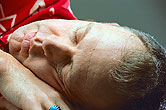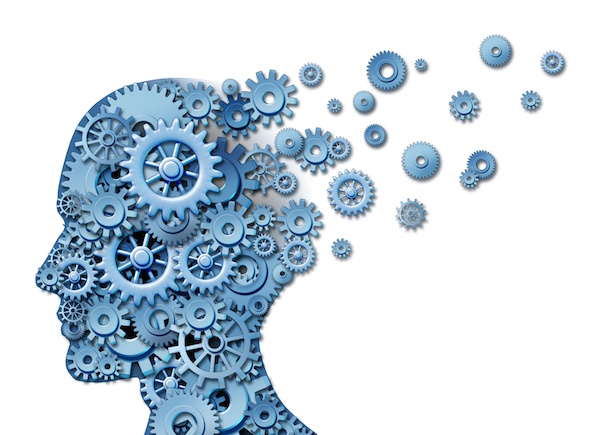
SUNDAY, Nov. 20 (HealthDay News) — A good night’s sleep doesn’t seem to improve older adults’ memory, according to a new study.
The findings suggest that age-related brain changes, not age-related sleep problems, are responsible for some of the memory problems that can occur in older adults, the researchers said.
The study included 25 younger and 24 older adults who learned how to navigate through a series of 10 “virtual rooms” on a computer screen. Each room had three doors, one of which led to the next virtual room.
The participants had to successfully navigate through all 10 rooms four times in order to prove that they’d learned the task. They then spent 12 hours either awake or asleep before being asked to navigate the rooms again.
Younger adults who had a good night’s sleep made fewer mistakes than those who remained awake for 12 hours, but older adults who slept did no better than those who stayed awake.
The study was presented last week at the annual meeting of the Society for Neuroscience, in Washington, D.C.
“Our research suggests that changes in the aging brain, rather than the restorative effects of sleep itself, may underlie some of the memory problems that older adults experience,” senior author Rebecca M. Spencer, of the University of Massachusetts, Amherst, said in a university news release.
Because this research was presented at a medical meeting, the data and conclusions should be viewed as preliminary until published in a peer-reviewed journal.
More information
The U.S. National Institute on Aging has more about memory loss.

